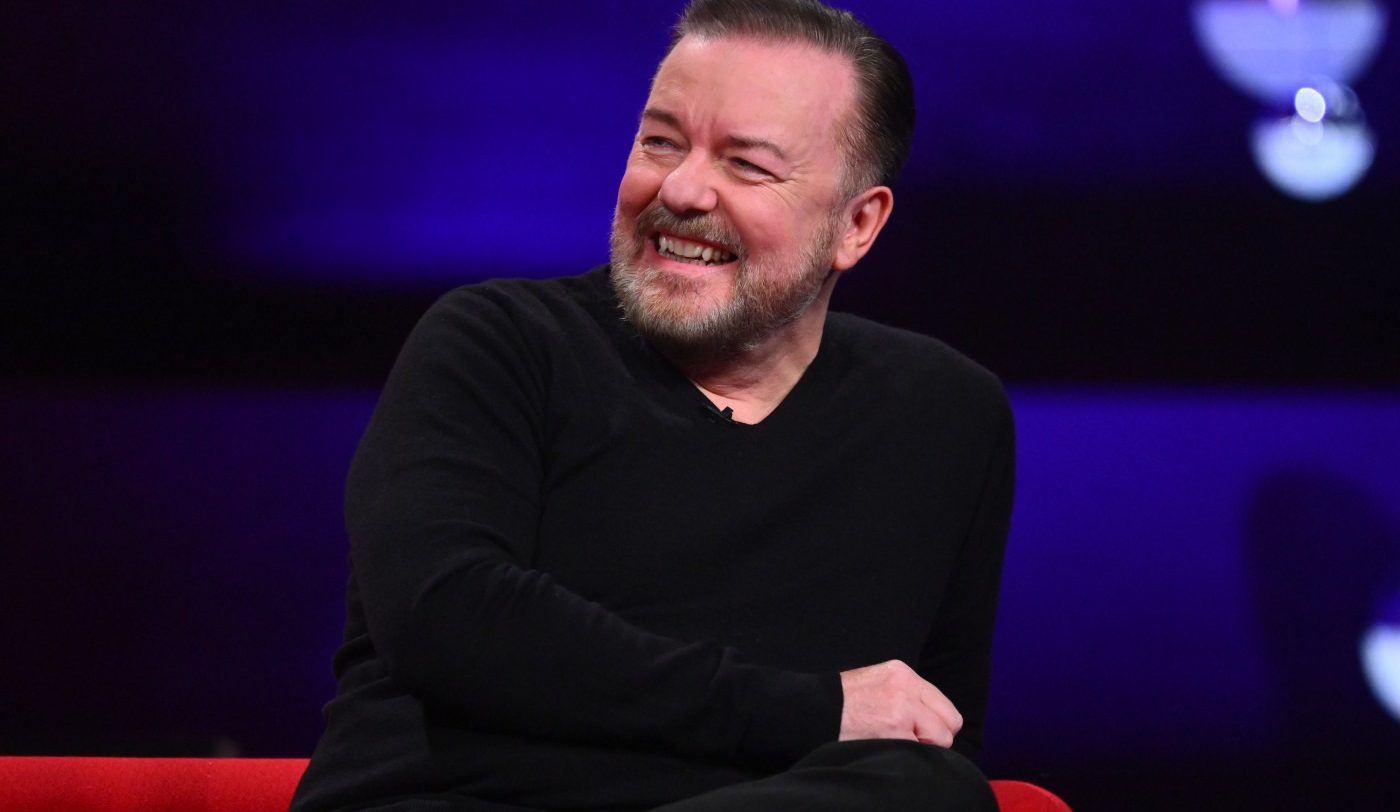Ricky’s The Office Christmas special remains a brilliant conclusion
In 2003, writing duo Ricky Gervais and Stephen Merchant decided to do the unthinkable: end their hugely successful sitcom The Office after only 14 episodes. After two series, the pair decided to finish the show with a two-part finale and do it the British sitcom way; as a Christmas special.
The episodes are set three years after the original series, and a few things have changed for the cast. One interesting feature is that the first two seasons of the ‘BBC 2 documentary’ have released in the same universe of characters, which brings with it a variety of humorous consequences.
If David Brent ever made it to Coventry, he definitely wouldn’t be out of place at the average Kasbah night
David Brent (Ricky Gervais) complains that the documentary was a “stitch up”. However, he enjoys the very minor level of fame it has brought him. After he was fired at the end of series 2, Brent managed to sue the Wernham-Hogg Paper Company for £42,000 but quickly wasted it on releasing a cover of ‘If you don’t know me by now’, along with an equally bad music video.
Throughout the day, Brent is a door-to-door salesman, and at night, he tours the local clubs as a surprise celebrity guest. If David Brent ever made it to Coventry, he definitely wouldn’t be out of place at the average Kasbah night. Brent also spends a bit too much time in his old office, annoying now manager Gareth (Mackenzie Crook), as well as his old nemesis Neil (Patrick Baladi). The heart of the show, the infamous will-they-won’t-they of Tim (Martin Freeman) and Dawn (Lucy Davis) have a new problem, as Dawn is now living with her fiancé Lee in America. So, when the documentary crew offers to fly them back for the office Christmas party, it gives Tim the opportunity to try his luck again.
It is in the second part of the specials that the audience gets two seasons worth of payoff, from Brent finally telling Finchy to “f*ck off”, to Tim and Dawn finally getting together. With three years of storytelling coming to a satisfying conclusion, there is still time for smaller moments to shine, such as David trying to find a date through the internet or an iconic scene with Keith involving a scotch egg. The brilliance of the show is epitomised in its final moment. As the group gathers for an office photo, Brent makes one of his signature bad references, and for once, everyone laughs. For a character who is a self-titled comedian, this is what he has always wanted. But, of course, Gervais and Merchant couldn’t have this be the show’s last beat. In his greatest moment, Brent misses the photo being taken. Well, it couldn’t be too soppy, could it?
I am sure BBC producers were horrified when Gervais and Merchant called it quits when they did, but if they hadn’t, who knows if The Office would have become the cultural powerhouse it is today?
If, like me, you ignore the pitiful and self-indulgent ‘Brent: Life on the Road’, then The Office UK ends perfectly. And it is this perfect ending that has allowed the show to remain so beloved by audiences. A bad ending can completely destroy a show’s legacy; how can you mention Game of Thrones or House of Cards without also referencing the horrific conclusions?
I am sure BBC producers were horrified when Gervais and Merchant called it quits when they did, but if they hadn’t, who knows if The Office would have become the cultural powerhouse it is today? It launched the careers of many. The US remake, which Gervais-Merchant executive produced, is the most watched sitcom of all time, according to the World of Statistics, and itself launched the careers of Steve Carrel and John Krasinski, to name a few.
After the writing partnership ended for still unknown reasons in 2013, it seems both have struggled to make something as good as their work together. As you’ll find, 20 years later, there’s still no better place to spend your Christmas than Wernam-Hogg Paper Company.

Comments